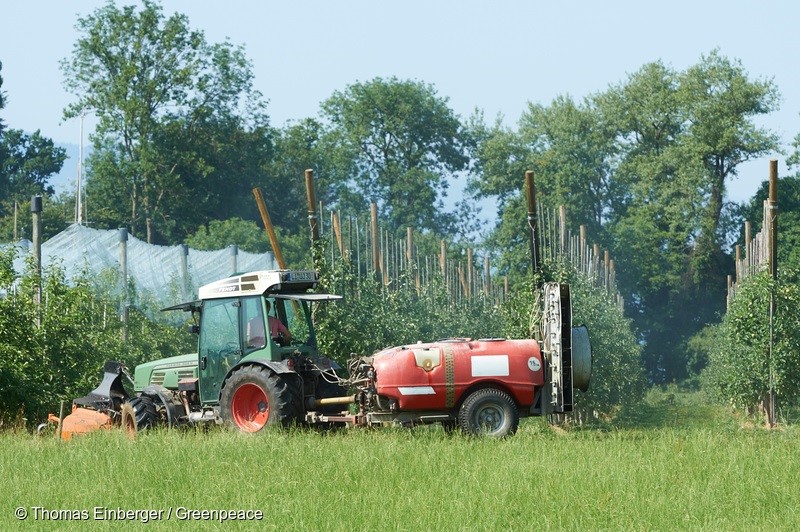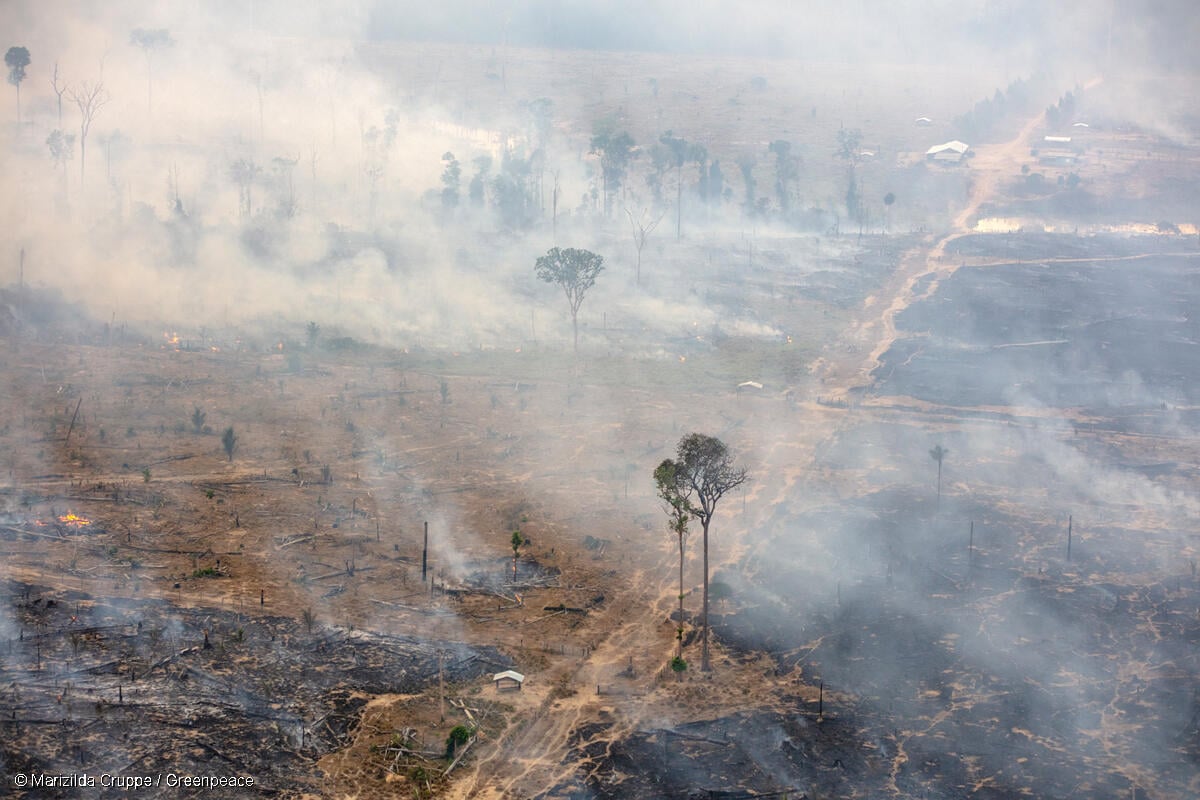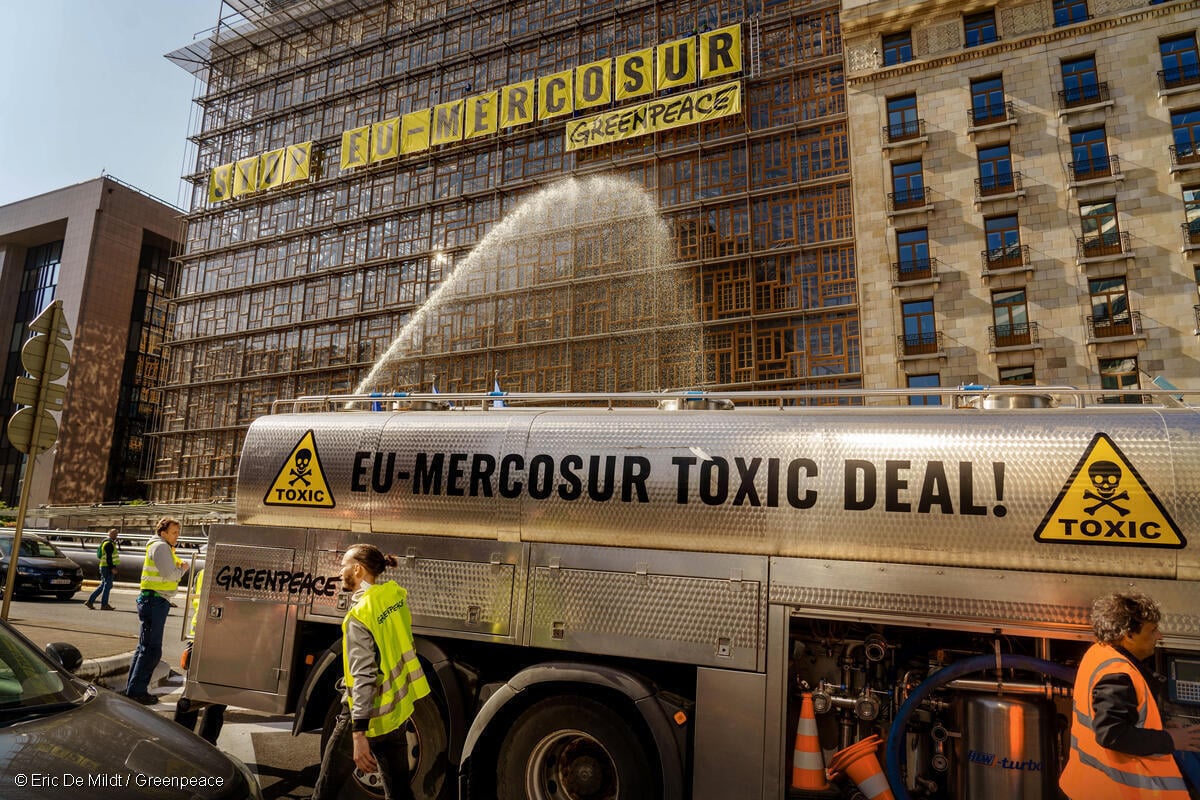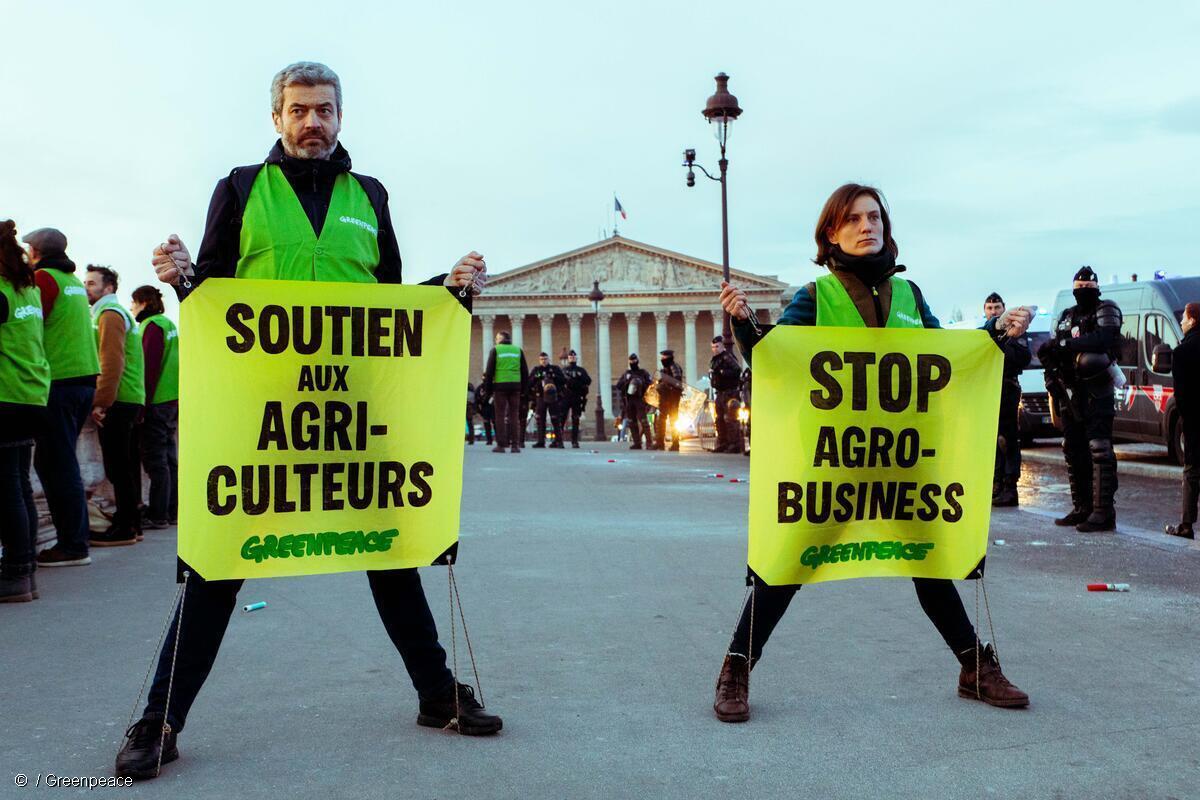Brussels – The European Commission has failed to secure sufficient support from EU governments for its proposal to extend a licence for glyphosate by up to 18 months. The outcome shows that governments remain sceptical about the continued use of the controversial weedkiller, said Greenpeace.
Greenpeace EU food policy director Franziska Achterberg said: “Extending the glyphosate licence would be like smelling gas and refusing to evacuate to check for a leak. As long as there is no meaningful EU-wide restriction on glyphosate use, we will continue to live in a world that is awash in a weedkiller which is a likely cause of cancer.”
“It’s scandalous, but not unusual for the Commission to keep dangerous pesticides on the market after their licences expire. It has even extended the licence for substances that Europe’s own chemicals agency has identified as highly damaging to our health. What’s new this time is that governments paid attention and didn’t just sign off on the Commission’s proposal,” added Achterberg.
This year alone the Commission has already extended the licences of 37 chemical pesticides [1], including substances that the European Chemicals Agency has classified as a serious threat to our health. This includes Sumitomo Chemical’s flumioxazine [2] and Bayer’s linuron [3], both classified as likely to damage the human reproductive system. This means they should no longer be licenced.
The original EU licence for glyphosate expired at the end of June 2012 and has already been extended twice. The latest proposal for extension could stretch that licence to a total of 15 years and a half, until the end of 2017, depending on when the European Chemicals Agency has completed its assessment of glyphosate’s negative effects on human health and the environment.
EU country representatives will again vote on the Commission’s proposal before the glyphosate licence expires at the end of June. No date has yet been set for the new vote.
For more information on the glyphosate controversy, please see our media briefing.
Notes:
[1] This includes extensions that were approved by EU governments, but not yet formally adopted.
[2] The extension of the EU licence for flumioxazine by one year was approved on 8 March. The Commission adopted the final decision on 8 April.
[3] The extension of the EU licence for linuron by one year was approved on 19 May. The Commission has not yet formally adopted the decision.
Contacts:
Franziska Achterberg – Greenpeace EU food policy director: +32 (0)498 36 24 03,
Greenpeace EU press desk: +32 (0)2 274 19 11, [email protected]
For breaking news and comment on EU affairs: www.twitter.com/GreenpeaceEU
Greenpeace is an independent global campaigning organisation that acts to change attitudes and behaviour, to protect and conserve the environment and to promote peace. Greenpeace does not accept donations from governments, the EU, businesses or political parties.




